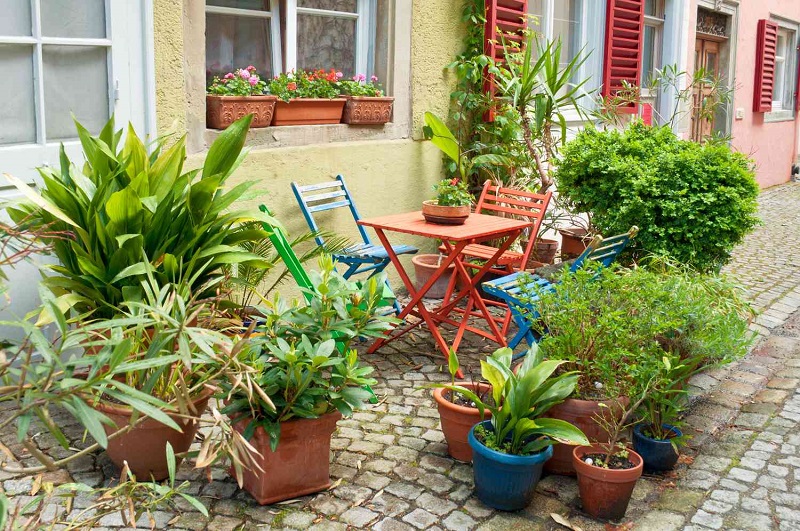Creating a thriving indoor garden is a gratifying endeavor, but it comes with its challenges, especially when uninvited guests in the form of pests decide to join the party. Effective Pest Control for Indoor Gardens is not just about extermination; it’s about maintaining a balanced ecosystem where your plants can flourish without disturbance. In this guide, we’ll explore tried-and-true methods to keep pests at bay and ensure your indoor oasis remains pest-free.
Know Your Enemy: Common Indoor Garden Pests
Identifying the Culprits
Before jumping into battle, it’s essential to know your adversaries. From tiny aphids to stealthy spider mites, understanding the common pests that invade indoor gardens is the first step toward effective control.
Signs of Infestation
Plants communicate distress, and it’s crucial to recognize the signs of pest infestation. Wilting leaves, discolored spots, or a sticky residue can all be indicators that pests have taken residence in your green space.
Natural Allies: Beneficial Insects
Introducing the Good Guys
Nature provides its own pest control team. Discover the world of beneficial insects like ladybugs, predatory mites, and parasitic wasps that can help keep pest populations in check.
Attracting Beneficial Insects
Create a welcoming environment for beneficial insects by incorporating companion plants, providing water sources, and avoiding the use of harmful pesticides that can harm these helpful allies.
DIY Pest Control Remedies
Homemade Pest Repellents
Explore simple and effective homemade solutions to repel pests. From neem oil to garlic spray, discover concoctions that not only deter pests but also nurture your plants.
Soap and Water Solution
Sometimes, the simplest solutions are the most effective. Learn how a mild soap and water solution can be a powerful weapon against soft-bodied pests like aphids and spider mites.
Preventive Measures for Long-Term Success
Maintaining Plant Health
A healthy plant is better equipped to fend off pests. Explore strategies for proper watering, balanced nutrition, and overall plant care to create an environment that is less susceptible to infestations.
Quarantine and Inspection
Implement a proactive approach by quarantining new plants and regularly inspecting your indoor garden. Early detection can prevent a minor pest issue from turning into a full-blown infestation.
FAQs – Your Pest Control Queries Answered
Are chemical pesticides safe for indoor plants?
While some chemical pesticides are labeled as safe for indoor use, it’s advisable to opt for natural alternatives to protect the health of your plants and the environment.
How often should I apply pest control measures?
Regular monitoring is key. Apply preventive measures weekly and increase frequency if you notice signs of infestation.
Can overwatering attract pests?
Yes, overwatering can create a damp environment that attracts pests. Maintain a proper watering schedule to prevent excess moisture.
Are all bugs harmful to indoor plants?
No, some bugs, like ladybugs and certain spiders, can be beneficial by preying on harmful pests. Learn to distinguish between friend and foe.
Can I use essential oils for pest control?
Yes, certain essential oils, like peppermint and tea tree oil, have repellent properties. Dilute them and use as a natural pest control spray.
Conclusion
Effective pest control for indoor gardens is a continuous process that involves vigilance, preventive measures, and a touch of natural ingenuity. By understanding your plant’s needs and implementing these strategies, you can create a pest-free haven where your green companions can thrive undisturbed.






